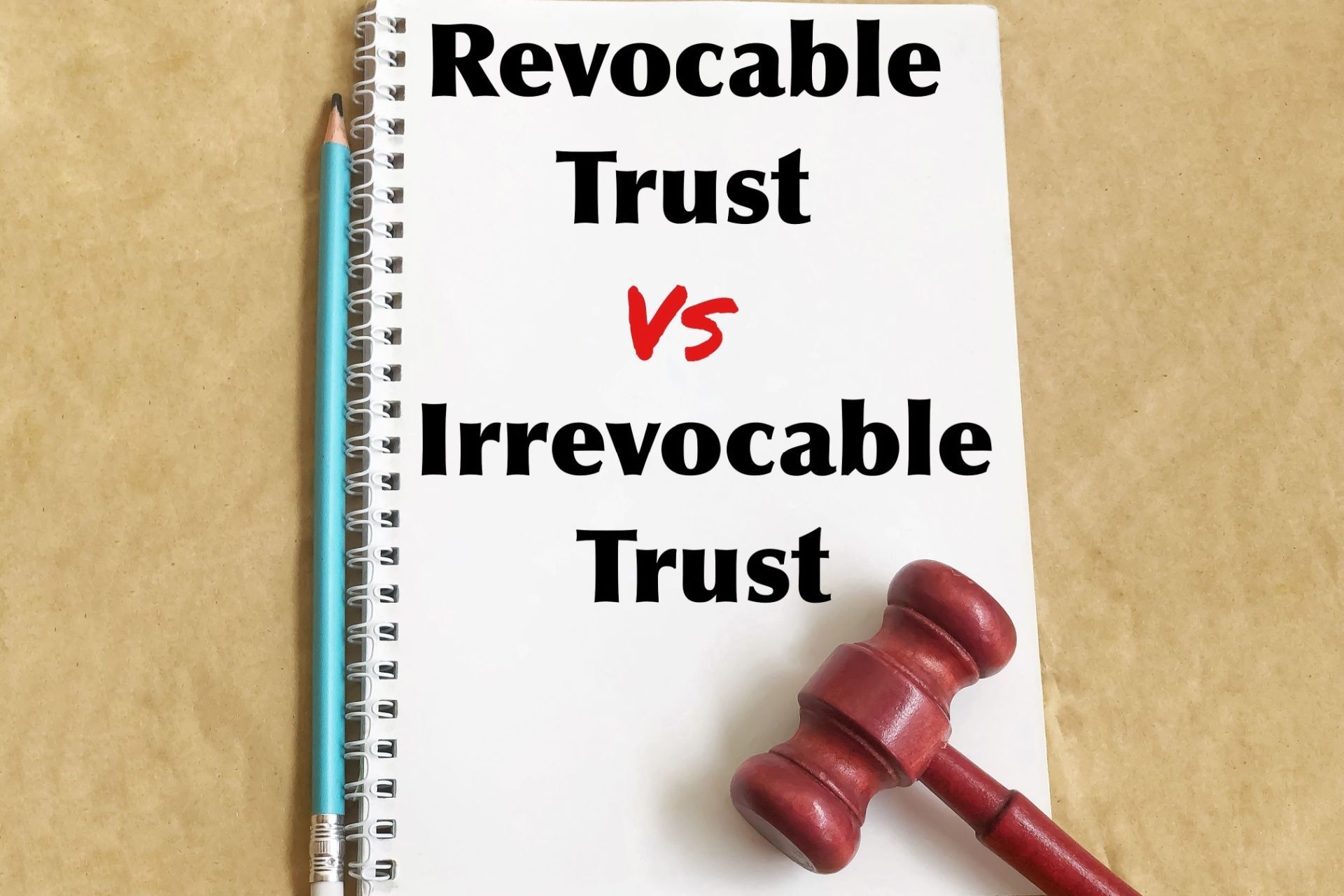What Is The Unified Credit?
February 14, 2022
Have you ever gifted someone assets, only to have to pay a gift tax? Wouldn’t you like to know how much you can give someone without having to pay taxes on it? With unified credit , you’re allotted a specific amount of assets that you can give someone without being subject to taxation.
In this guide, we will discuss this credit and how it applies to you and the person receiving your gift. If you have any questions regarding unified credit or require legal counsel for it, we urge you to call Crary Buchanan Attorneys at Law. We will provide the legal representation you need and can help you stay within your legal limit without being taxed.
What Is the Unified Credit?
The unified credit is a tax on gifts that can be made to individuals without incurring any taxes. Gifts given from one individual to another individual are not subject to this tax. As of 2021, the unified credit is a unified lifetime credit that will protect a donor from paying gift taxes for any single gift of up to $11.7 million in combined taxable gifts given over their lifetime. This means that any single gift of up to $11.7 million will not be counted towards the donor’s lifetime exclusion amount and won’t be subject to federal estate or gift taxes when they die.
What Is the Gift Tax?
Anyone who gifts a significant sum of money or valuable assets to friends or family is subject to gift taxes. While the gift tax doesn’t apply to traditional gifts, any items worth more than the limit set by the federal tax law will require the giver to pay taxes on them.
As per federal tax law, that limit is 40% of the inheritance. But with the unified credit, anyone can gift assets over their lifetime without paying taxes, as long as the total of the assets doesn’t surpass $11.7 million. For example, as the grantor of an estate plan, you could leave your heirs $11.7 million in assets and not have to worry about paying taxes on them.
But if you gift $12.7 million, you would owe taxes on $1 million. It’s important to keep in mind that the unified credit applies to everyone without prejudice or exception. As an individual, you are entitled to gifting anything to anyone throughout your lifetime without fear of taxation, as long as you don’t gift more than $11.7 million.
So if you gave your child a new car every year, for example, you could continue to do so without taxation until your gifts total more than $11.7 million. The same applies to any other type of asset.
It’s important to note that the unified credit merges the rules of both gift taxes and estate taxes. This tax system reduces the individual’s or estate’s tax bill on every dollar given. If the assets are greater than the annual exemption, you may need to file a tax return. Also, gifts to charities and to cover tuition or medical expenses for another person are exempted from the gift tax return requirements.
Unified Credit in Probate
Probate can be expensive. As such, it’s often more cost-effective to make use of the unified credit following the death of a loved one. Doing so effectively saves money on estate taxes. While the unified credit doesn’t take effect while living, it does kick in the following death, allowing beneficiaries to avoid paying expensive taxes on the assets gifted to them.
You should speak with your attorney to make sure that you use the unified credit during probate. Your lawyer will assist you in making sure that you follow the proper channels and complete the necessary paperwork, which will ensure a smoother estate planning process.
Understanding Probate
If you are the executor of an estate, you will have to go through probate. It is the legal process that ensures that the deceased person’s assets are distributed according to his or her will or state law. The process can be overwhelming and time-consuming, but it’s worth it for the benefits. And you can avoid estate taxes when you employ the unified credit, so it’s a good idea to sit down with your attorney to ensure that everything is put into place.
Call Crary Buchanan for Your Unified Credit Needs
Contact Crary Buchanan Attorneys at Law today if you need legal representation regarding the gift tax or unified credit. We have extensive experience with estate planning, wills, trusts, and all that they entail. We will make sure that you receive the legal counsel you deserve to ensure that you get a favorable outcome. Call us today at (772) 287-2600 , or email us at info@crarybuchanan.com to get started.
The information in this blog post is for reference only and not legal advice. As such, you should not decide whether to contact a lawyer based on the information in this blog post. Moreover, there is no lawyer-client relationship resulting from this blog post, nor should any such relationship be implied. If you need legal counsel, please consult a lawyer licensed to practice in your jurisdiction.
The post What Is The Unified Credit? appeared first on Crary Buchanan.
Disclaimer: The information on this website and blog is for general informational purposes only and is not professional or legal advice. We make no guarantees of accuracy or completeness. We disclaim all liability for errors, omissions, or reliance on this content. Always consult a qualified professional for specific guidance.






